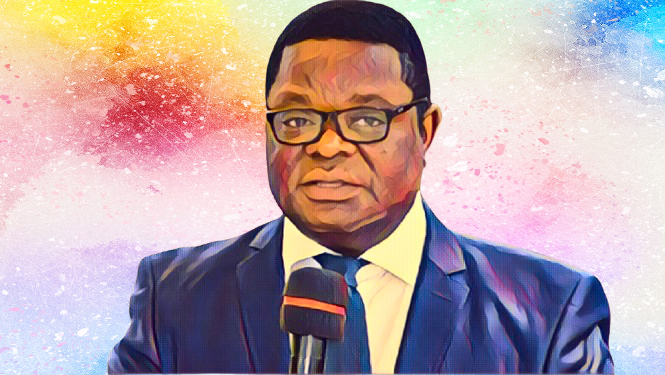KEY POINTS
- Ghana’s infrastructure may not yet support a 24-hour economy.
- ISSER calls for long-term planning and demand analysis.
- Political short-termism could undermine effective implementation.
According to Professor Peter Quartey, Director of the Institute of Statistical, Social and Economic Research (ISSER), Ghana’s attempt to implement a 24-hour economy, a policy that would allow businesses to operate around the clock, faces significant challenges.
Quartey emphasized the difficulties, pointing out that the nation presently lacks critical infrastructure, such as dependable energy and sufficient security, which are required to properly support a 24-hour economy.
Quartey stressed that the program is more appropriate as a medium- to long-term policy, even while it offers potential advantages including greater flexibility in obtaining goods and services and the creation of jobs for people available during non-traditional hours.
He stated, “The 24-hour economy is a good idea, but significant foundational improvements will be necessary to achieve meaningful progress.”
Demand and infrastructure limitations
Quartey noted that the current market demand might not support the suggested rise in production during the Accra introduction of the 2024 third-quarter economic review and the 2023 State of the Ghanaian Economy Report. He questioned if factories had enough demand to increase production by 50–100%.
He suggested that a thorough demand analysis be included with the policy, asking, “Is there demand for the product if factories were to operate 24 hours?”
According to Graphic Online, the successful adoption of the 24-hour economy may be hampered by the lack of a well-established energy framework and dependable security. To create a strong basis for the program, ISSER suggested filling these gaps by investing in infrastructure.
Political focus on short-term plans
Quartey also observed that political parties have a propensity to emphasize short-term plans, which are fueled by manifestos that are frequently inconsistent. Without such a vision, he argued, each new administration is likely to follow its own experimental tactics, which can impede continuous progress. For this reason, he called for a unified, long-term development plan.
He asserted that whereas manifestos emphasize short-term fixes, “we need a comprehensive development plan that provides a structured path forward.”
The opposition National Democratic Congress (NDC) has made the 24-hour economy a key campaign pledge for the 2024 elections.
The plan is envisioned by the NDC as a way to promote job development and unlock Ghana’s economic potential. However, ISSER’s perspective suggests that while the idea is promising, a more gradual and structured approach may be necessary to achieve long-term benefits.




